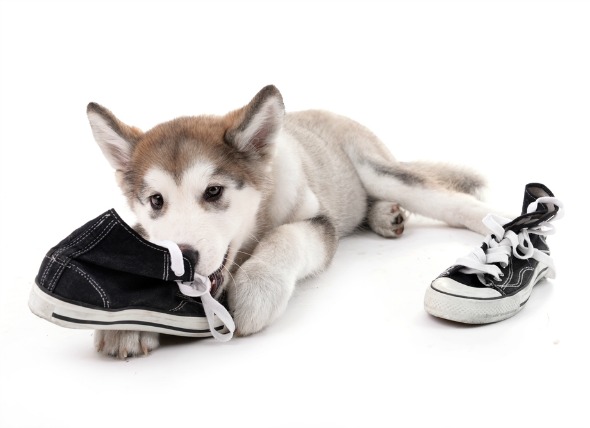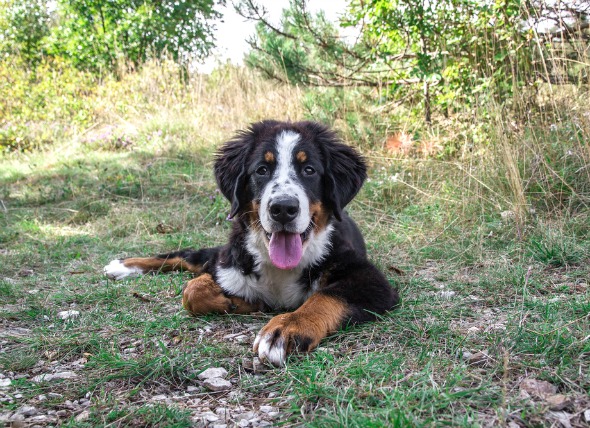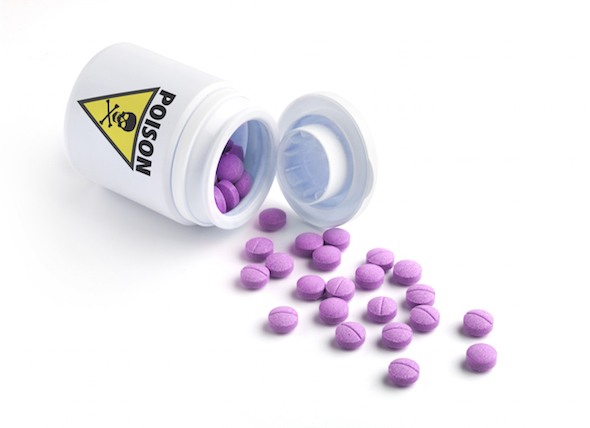

While infertility is not common in male dogs, it does happen. The dog may not be able to mate, or if mating does occur, fertilization does not happen as expected. If the stud appears to be infertile, the most common causes are due to injury or infection. It also may be brought about by a sudden hormone change.
A smaller-than-expected litter size may be one indication of a fertility problem in a male that has mated, as are conception rates that are below expected. Infertility is sometimes due to sperm abnormalities such as misshapen sperm and a small production in sperm. If this occurs, visiting a veterinarian for a diagnosis is recommended. Treatment is not easy, but fertility can often be restored.
If the dog is not interested in mating, the cause is very likely a hormone problem. In addition, some dogs will experience reduced sperm production as they grow older.
Your veterinarian will want a medical history of your dog, as well as a history of matings. An examination of the reproductive anatomy and prostate will be conducted. The veterinarian will want to test for infections of the prostate and for tumors in the testicles.
Semen will also be collected and examined. It is important to know that a dog that is too young may not be able to produce enough sperm to impregnate a fertile female. In addition, young dogs sometimes have trouble because they lack experience or their sex drive may be underdeveloped.
In a dog that is over eight years old, the sperm will be tested to make certain that enough live sperm are available for successful mating. The test for live sperm is particularly important if mating has not taken place for six months or longer. However, there are times dead sperm is blocking the tract and a second test should be performed in this case. If lowered libido is the problem, hormone counts will be taken.
Next, the veterinarian will ask about previous litters your dog sired. An unusually small litter size for your pet's particular breed is an indicator of lowered fertility. This will signal either a high count of abnormal sperm or a low count of normal sperm production. The veterinarian will also want to know how much time has passed since the last litter.
Finally, the veterinarian will be interested in the the bitches your dog has mated with. This is to rule out problems with the female dog. The age of the bitch and her physical condition will be important information, so you need to collect that information before your veterinarian conducts a thorough examination of your dog. It is also important to inform them if the bitch is related to your dog genetically.
It is best to keep dogs that are under treatment away from bitches in season, or in heat. They should not even run in the same yard. If the thyroid was treated and the treatment has been deemed successful, the dog should be watched to be certain the problem does not recur. If the prostrate was the problem, the dog should be watched carefully for a recurrence of the disease. As part of a long term plan, diet and exercise are important for keeping a stud dog in good health.
 Excess Sodium in the Blood in Dogs
Hypernatremia in Dogs
Electrolytes are very impor
Excess Sodium in the Blood in Dogs
Hypernatremia in Dogs
Electrolytes are very impor
 Jumping, Chewing, Playbiting, and Other Destructive Behavior Problems in Puppies, Young Dogs
Pediatric Behavior Problems in Dogs
Undesirable b
Jumping, Chewing, Playbiting, and Other Destructive Behavior Problems in Puppies, Young Dogs
Pediatric Behavior Problems in Dogs
Undesirable b
 Stupor and Coma in Dogs
Marginal Consciousness and Complete Unconsciousness in D
Stupor and Coma in Dogs
Marginal Consciousness and Complete Unconsciousness in D
 Rat Poisoning in Dogs
Bromethalin Rodenticide Poisoning in Dogs
Brometh
Rat Poisoning in Dogs
Bromethalin Rodenticide Poisoning in Dogs
Brometh
 Chemical Imbalance of Urine in Dogs
Hyposthenuria in Dogs
The normal concentration an
Chemical Imbalance of Urine in Dogs
Hyposthenuria in Dogs
The normal concentration an
Copyright © 2005-2016 Pet Information All Rights Reserved
Contact us: www162date@outlook.com